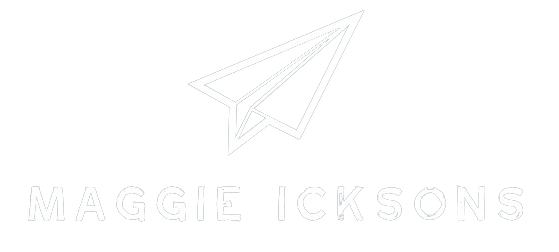
Ensuring confidentiality when working with a professional translation company is paramount, especially when dealing with sensitive documents or information. Whether you’re translating legal documents, medical records, or business contracts, maintaining confidentiality at a professional translation company is crucial for preserving the integrity and trust of all parties involved.
Choose a Reputable Company:
Start by researching and selecting a reputable professional translation company known for its commitment to confidentiality. Look for companies with proven track records, positive reviews, and certifications that attest to their confidentiality protocols.
Sign a Non-Disclosure Agreement (NDA):
Before commencing any translation work, ensure that both parties sign a legally binding non-disclosure agreement (NDA). This agreement outlines the terms and conditions regarding the confidentiality of the documents being translated and holds the translation company liable for any breaches of confidentiality.
Secure Communication Channels:
Utilize secure communication channels for transmitting documents to the translation company. This may include encrypted email services or secure file transfer protocols (SFTP) to safeguard sensitive information from interception or unauthorized access.
Limit Access to Information:
Restrict access to the documents being translated to only essential personnel within the translation company. Implement strict access controls and authentication mechanisms to ensure that only authorized translators and project managers can view the content.
Train Translators on Confidentiality:
Provide comprehensive training to translators regarding the importance of confidentiality and the handling of sensitive information. Emphasize the need to maintain confidentiality both during and after the translation process.
Use Confidentiality Tools:

Employ confidentiality tools and technologies such as encryption software, secure servers, and firewalls to protect the confidentiality of translated documents stored on the company’s systems.
Secure Data Destruction:
Implement procedures for securely deleting or destroying sensitive documents once the translation project is complete. Ensure that all copies of the documents are removed from translators’ workstations and backups to prevent unauthorized access.
Regular Audits and Compliance Checks:
Conduct regular audits and compliance checks to assess the effectiveness of confidentiality measures and identify any potential vulnerabilities or breaches. This may involve third-party audits or certifications to ensure compliance with industry standards and regulations.
Continuous Monitoring and Surveillance:
Implement continuous monitoring and surveillance systems to detect and prevent unauthorized access or breaches of confidentiality. Monitor network traffic, access logs, and user activities to identify any suspicious behavior or security incidents.
Legal Recourse for Breaches:
Include provisions in the contract with the translation company for legal recourse in the event of a confidentiality breach. Clearly outline the consequences and liabilities for any unauthorized disclosure of sensitive information.






